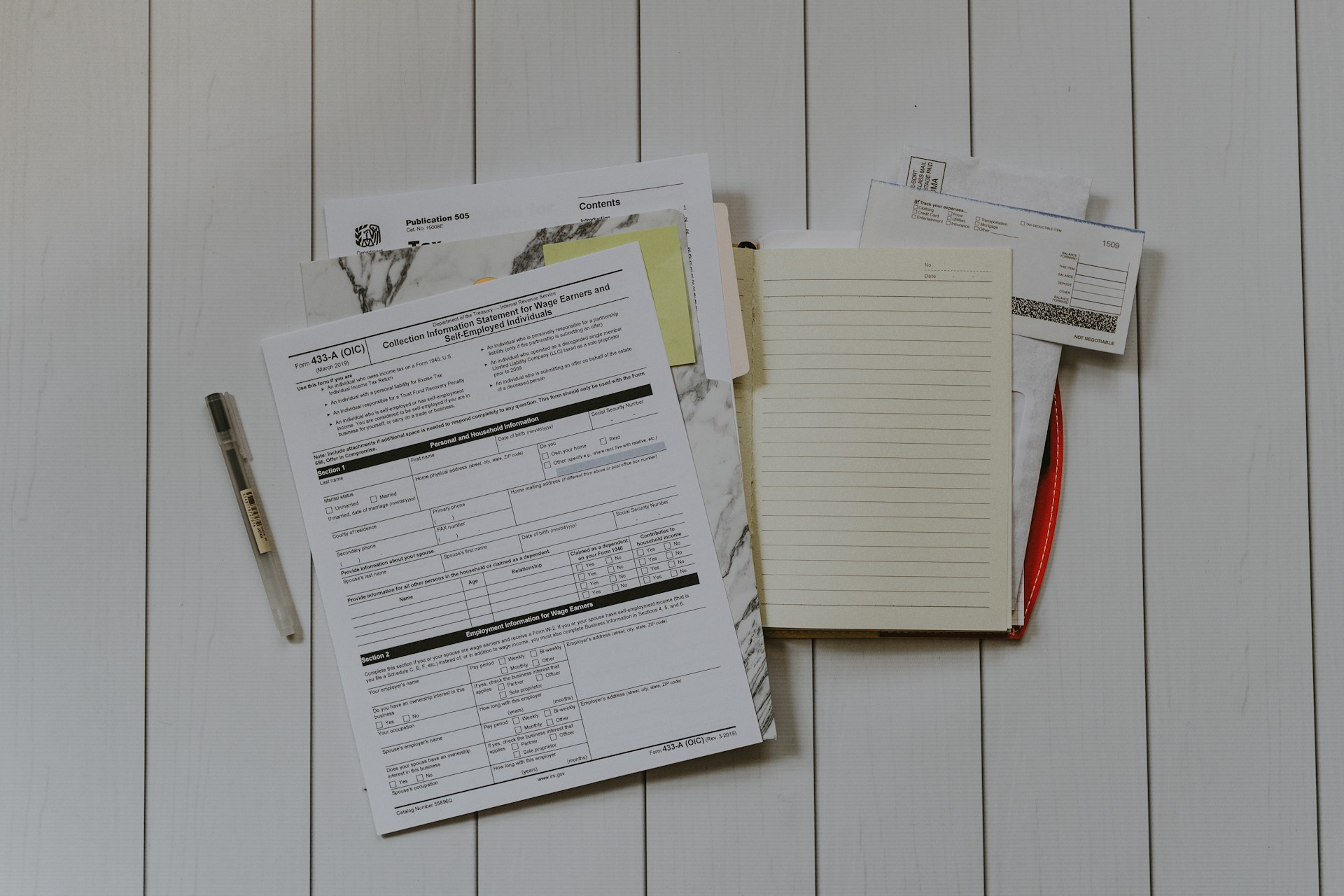
Would a Pay Stub Be Considered a Form of Secondary ID?
At Check Stub Maker, we're delving into the intriguing query: "Would a pay stub be considered a form of secondary ID?"
Apr 24, 2024The phrase "paystub missing for the days I am suing my employer" resonates with many employees who have faced payroll discrepancies, such as missing paystubs when the company wont release paystubs, or paystubs reflecting incorrect amounts on them.

The phrase "paystub missing for the days I am suing my employer" resonates with many employees who have faced payroll discrepancies, such as missing paystubs when the company wont release paystubs , or paystubs reflecting incorrect amounts on them. These scenarios can be distressing, especially when legal disputes with employers arise. Fortunately, there are legal avenues available to help you address these concerns. In this article, we'll delve into the intricacies of payroll errors and the rights of employees in such situations. Let's jump in! What this article covers:
Yes, you can sue your employer for paying you incorrectly. Many employees across the country face challenges with their paychecks, from underpayments to complete non-payments. Throughout this article, we'll look in closer detail at potential legal avenues that are available to aggrieved employees.
Our research indicates that every employee has the right to sue their employer when they don't get paid, which is considered to be "wage theft." In this regard, the U.S. Department of Labor's Wage and Hour Division (WHD) enforces the Fair Labor Standards Act (FLSA), ensuring employees are paid correctly. However, state labor laws also play a crucial role, as employees can only sue their employers under certain conditions. For instance, an employee can't sue if they've been paid back wages under WHD supervision or if the Secretary of Labor has already filed a suit against their employer. Before filing a lawsuit against your employer in this scenario, we recommend doing thorough research on this subject to avoid any potential legal pitfalls. 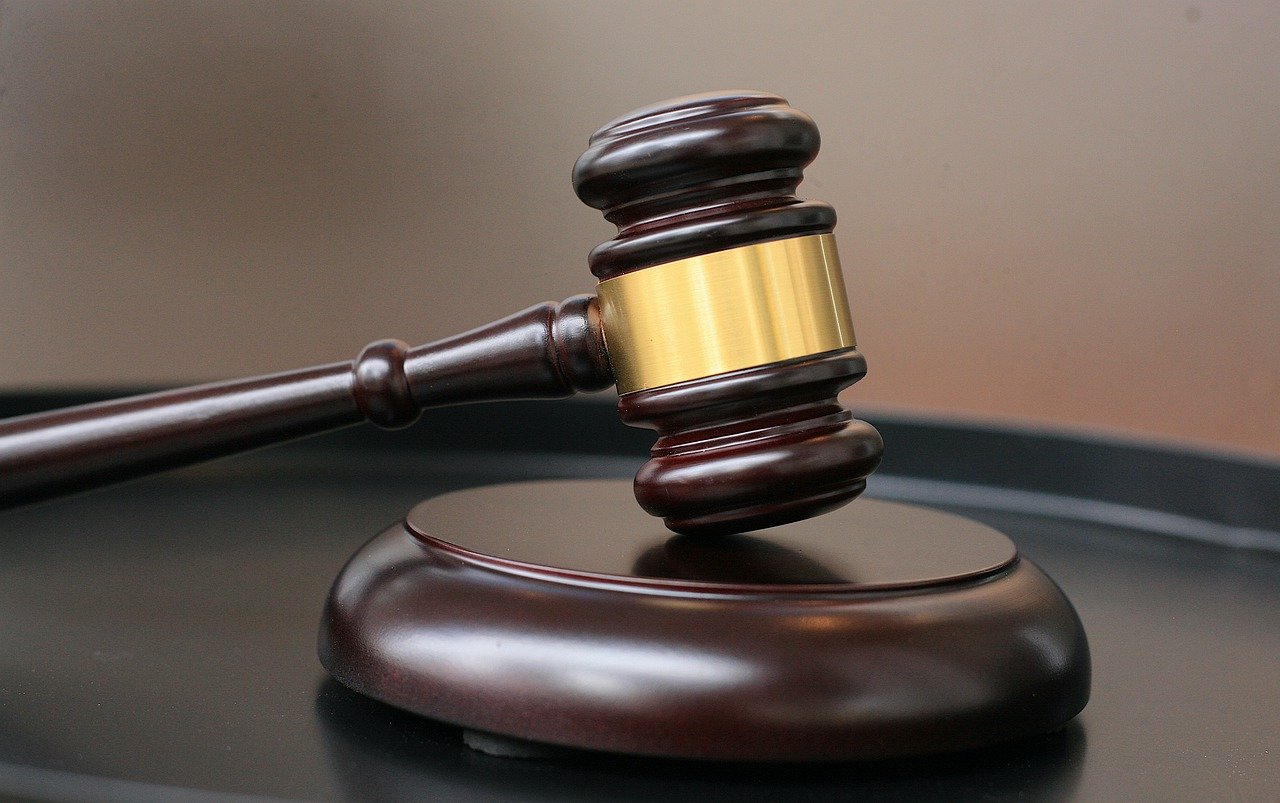
No, a company can't do this, at least not indefinitely. Upon resignation, employees are typically entitled to their final paycheck in a timely manner. For instance, in Arkansas, employers are mandated to provide employees with their final paychecks according to their pay stub from southern arkansas direct deposit on the next regular payday if they resign or get dismissed. Conversely, in California, employers are required to give employees their final paychecks either immediately after being fired or at least 72 hours after they quit, which is dependent on the amount of notice said employee gave beforehand for the latter. With that said, certain circumstances, such as unresolved debts or unreturned company property, might permit an employer to temporarily withhold pay. For instance, South Dakota's laws allow employers to withhold payment until either the next regularly scheduled payday or, alternatively, until the employee returns the employer's property. Employees facing such situations should be aware of their rights and the steps they can take. That's why it's crucial to understand local labor laws to ensure both parties fulfill their obligations.
Based on our observations, payroll discrepancies, while unfortunate, often arise due to oversight or system errors on the part of employers. Leveraging our vast experience at Check Stub Maker, we'll guide you through the process of resolving these issues effectively and offer you reliable solutions like our pay stub creator . 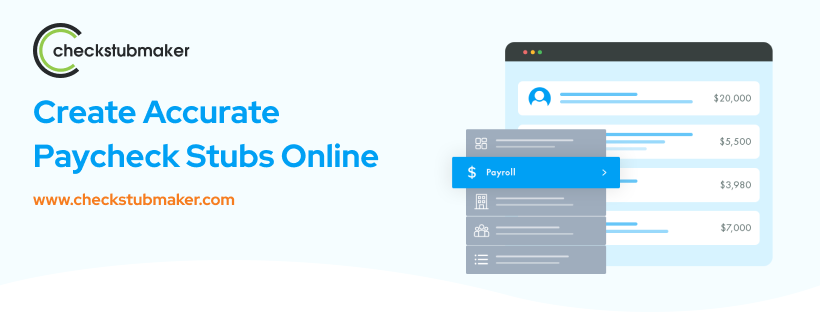
The WHD plays a pivotal role in wage disputes and subsequently conducts investigations on behalf of aggrieved employees. You can file a complaint with the WHD if you believe that your employer is improperly withholding money from your paycheck.
Alongside federal complaints, employees can also approach their state's labor department. Keep in mind that each state has its own set of labor laws though, and the process might vary.
Employers who violate wage laws can face state-enforced penalties and fines. For instance, in California, penalties apply for late paychecks or underpayment errors, often amounting to as much as $4000, which an employee can be awarded for payroll errors.
A payroll ranges from overpaying to underpaying employees, as well as social security number not on pay stub . Though unintentional, payroll mistakes can have significant repercussions on your finances. Let's delve into what constitutes a payroll error and how you can address it to retrieve your hard-earned money.
Employers should rectify payroll errors promptly. While there's no federal law specifying a timeframe, state laws often dictate the urgency of such matters. For instance, Oregon's Payroll Law has specific guidelines based on the underpayment amount, which mandate that:
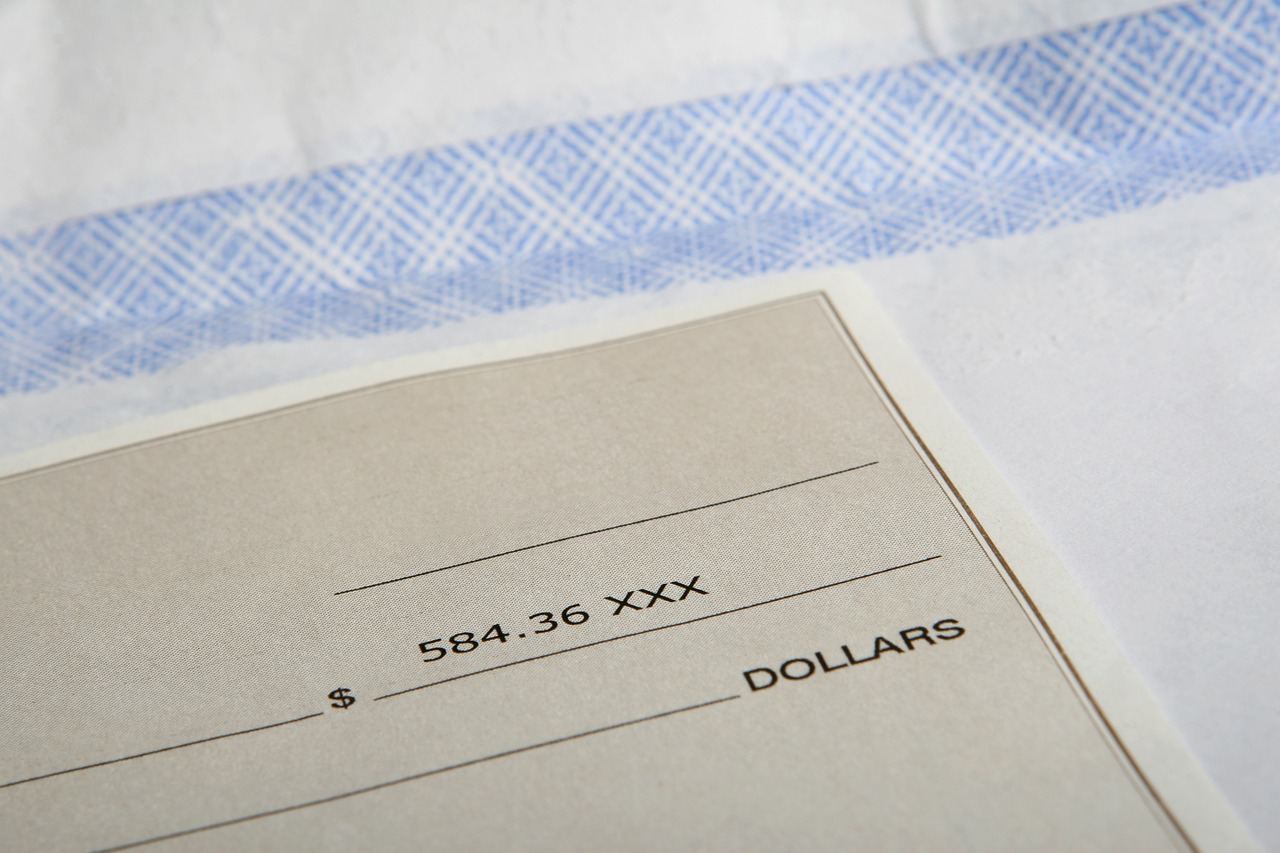 ### What Should Employees Do About Payroll Errors?
### What Should Employees Do About Payroll Errors?
Employees should promptly alert their HR or payroll department when detecting a payroll discrepancy. Maintaining personal records, such as pay stubs or timesheets, provides essential evidence and aids in rectifying the error efficiently.
Understanding wage laws is crucial. If you're underpaid, knowing your rights and the steps to take is essential. If you work salary can your company change your pay stub hours ? They can do this, but they need to do so within the bounds of federal and state law. Our findings show that the FLSA sets the federal minimum wage at $7.25 per hour. Additionally, for hours worked above 40 in a workweek, employees covered by the FLSA are entitled to overtime pay at a rate that's equal to or greater than the minimum pay rate and half their usual rates of pay. Be close attention to whether employees are exempt or non-exempt from overtime pay according to their employment agreements regulated by their specific states. Ultimately, employees should be aware of their rights and ensure they are paid fairly, regardless of any company property disputes.
A paycheck that's shorted can be a significant source of stress, especially when bills are due. Drawing from our experience, we've seen this scenario many times before and have solutions to guide you through.
Effective communication is key. Approach the situation calmly and factually. It's essential to have evidence, such as time cards or records, to support your claim. Remember, mistakes happen, and it's always best to initially give your employer the benefit of the doubt. 
Having your own record is invaluable. There are numerous tools and apps available to help you track your hours, like Check Stub Maker . This not only ensures you're paid correctly but also provides evidence should discrepancies arise. Our investigation demonstrates that doing your own personal record-keeping can be a lifesaver in wage disputes.
If you suspect you're not the only one being underpaid, discussing it with co-workers can help validate your concerns. Together, you can approach management or even seek legal advice.
Sometimes, the situation might require legal intervention. If you believe your rights are being violated, consulting with a lawyer can provide clarity on your next steps.
Paystubs can be confusing sometimes, but we've compiled answers to some of the most common queries employees have and offer an affordable paystub maker to help you consistently keep track of your financial history. 
Payment frequency often depends on state laws. While some states mandate weekly or bi-weekly payments, others allow monthly schedules. Always check local regulations in your state to better understand your rights as an employee and employer obligations.
Yes, some employers offer vouchers or other non-cash benefits as payment for work done. These compensations must still equate to at least the minimum wage and align with both company guidelines and state laws. The best way to keep track of any payments from employers, particularly with vouchers, is to create paystubs that are accurate and easy to understand with Check Stub Maker.
Most states require employers to provide a detailed check stub so employees can better understand their deductions and net pay.
Through our practical knowledge, a bounced paycheck from your employer can be considered a failure to pay, and you have rights that you can enforce in this situation. Your rights don't end when your employment does, either. Employers are still obligated to tell you how to get pay stubs from previous employer and pay any outstanding wages, and you have legal recourse if they don't. Reporting mechanisms for employers that supply late or bounced paychecks vary, but starting with the U.S. Department of Labor is a good step. They can guide you on both federal and state-specific actions.
Employers may request a release signature before providing you with payment, particularly during legal disputes if you've resigned or been laid off from work. However, it's crucial to review these documents with legal counsel to ensure your rights are protected before signing.
Similar to those in the private sector, government employees also have rights under the law. While there might be specific regulations unique to the civil service regarding their paystubs, the foundational rights to fair wages and timely payment remain consistent across sectors. And this is exactly why you should always ask for a pay stub , regardless of your employment type.
Always act swiftly if your pay is delayed. Start by:
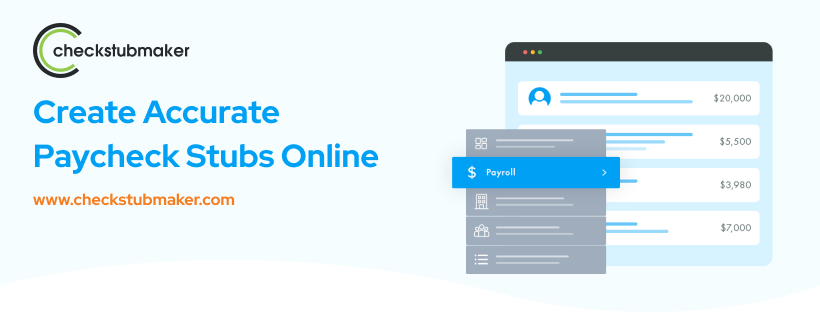 Conclusion
ConclusionWhile the topic of 'paystub missing for the days I am suing my employer' can be daunting, knowledge is power. Understanding your rights and the legal steps to take with a letter from employer verifying no pay stub for work week is important for ensuring you're always treated fairly. And if you ever need assistance with paystubs, remember to use our payroll services at Check Stub Maker for accurate and easy-to-understand paystubs. We're here to help! If you want to learn more, why not check out these articles below:

At Check Stub Maker, we're delving into the intriguing query: "Would a pay stub be considered a form of secondary ID?"
Apr 24, 2024
!How to Do Payroll in 3 Easy Stepshttps://checkstubmaker.com/wp-content/uploads/2019/08/how-to-payroll-300x200.jpg No matter the size of your business, it is...
Aug 08, 2019
Do you dread the agonizing process of manually creating pay stubs every month? Worry no more! Gone are the days of the tedious manual pay stub processes. Wit...
Apr 20, 2023